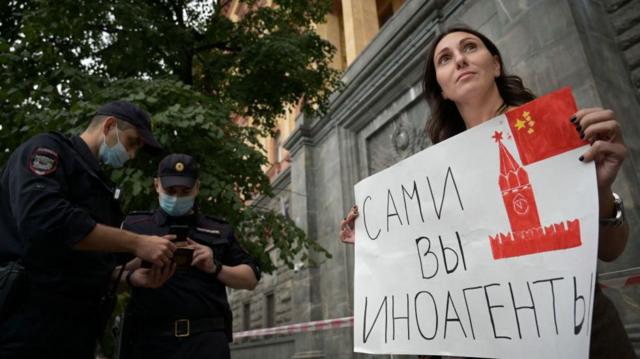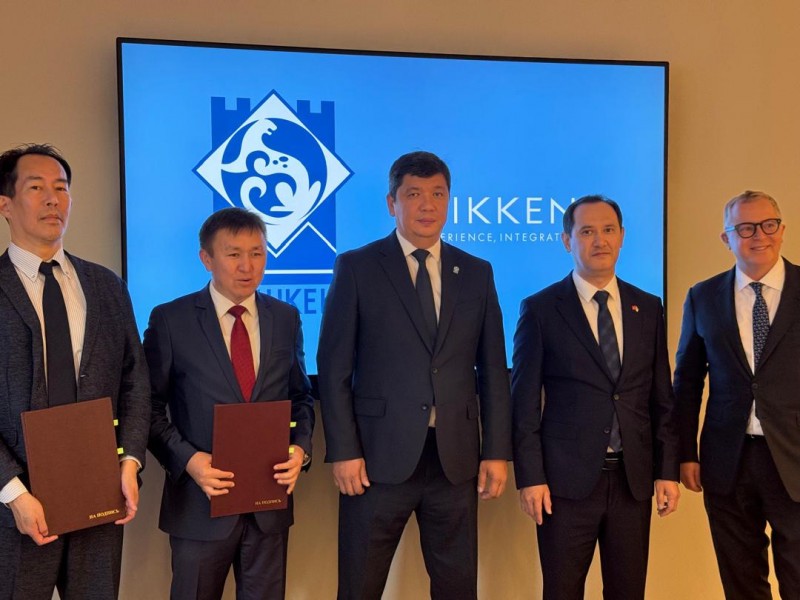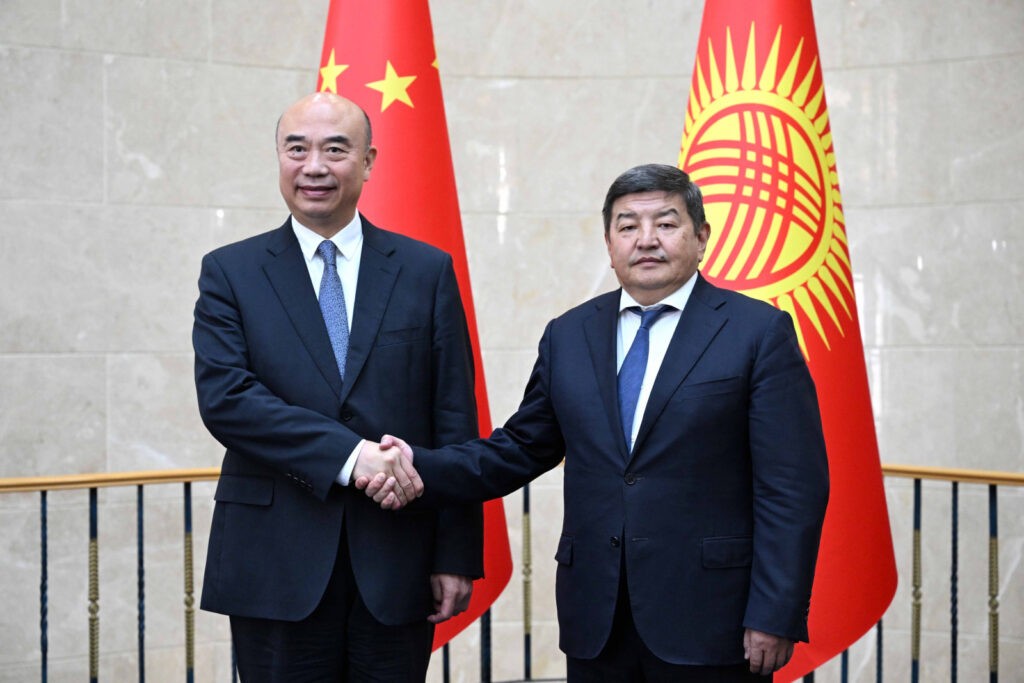Eurasian Development Bank To Finance Another Solar Plant in Kyrgyzstan
The Eurasian Development Bank has signed an agreement to finance the construction of a solar power plant in the village of Toru-Aigyr in Kyrgyzstan's Issyk-Kul region. The project, which will use photovoltaic solar energy conversion with an installed capacity of up to 300 MW, will be undertaken in partnership with Bishkek Solar LLC. EDB has commented: "The project includes several key agreements, including an agreement with JSC "NES Kyrgyzstan" to purchase all electricity for 25 years, an agreement on public-private partnership with the Ministry of Energy of the Kyrgyz Republic, as well as an investment agreement on the implementation of the project with the Cabinet of Ministers of the Kyrgyz Republic for 25 years." It is assumed that EDB will work out the terms of long-term financing, including the involvement of tied funding in the amount of up to $210 million (in Chinese yuans) for 15 years. The facility is scheduled to be commissioned by the end of 2025. Added EDB senior managing director Denis Ilyin: "This project is of key importance for the development of the renewable energy sector, and in particular solar energy, in the Kyrgyz Republic, contributing to improving energy security and stability, as well as achieving the Sustainable Development Goals. The power plant will fully comply with international environmental and technical standards." EDB is currently also financing the construction in Kyrgyzstan of the Kulanak hydropower plant. It is expected that the Kulanak project, which is part of the megaproject "Water and Energy Complex of Central Asia", will increase the level of energy security and strengthen Kyrgyzstan's position in the Central Asian electricity market .






